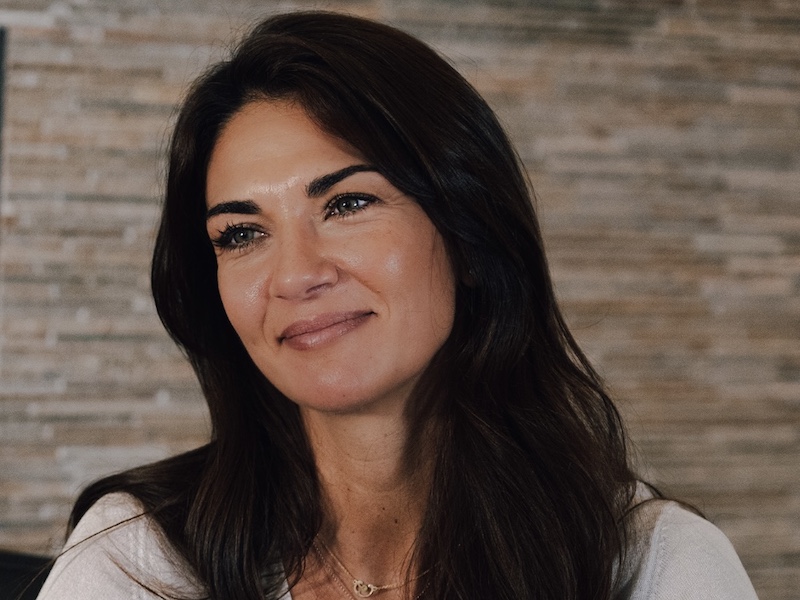
By Erica Wolfe-Murray
Many companies confess to not understanding what IP is.
So it’s unsurprising they don’t realise how it can help build their business in a raft of different ways. Often intellectual property is seen to be the domain of attorneys, courts and big costs – few companies and even fewer freelancers look at it in depth. But if you grasp the nettle, and take steps to understand it – new doors of opportunity will open for you.
In a nutshell, you own intellectual property the moment you create something. Whether it is writing, an image, a product, a presentation, an app. It has to be an actual thing, it cannot be an idea. IP falls into four main areas – copyright, trademarks, design right and patent.
If you look at your business, there are all sorts of IP elements you own. And it is up to you to map these, develop a strategy and manage your IP ensuring you derive maximum value from it.
Let’s take each one in turn and explore what you might be able to do…
Let’s start with copyright which is the easiest to grasp. Provided you have not copied it, when you create something, you own the copyright. I own the copyright to this article, to my workshop materials, to the book I have written. In the same way you will own the copyright to those aspects of the business you have created.
Copyright is automatic – you create it, so you own it with no need to register it, and it’s a property right, allowing you to trade it, sell it, licence it. However you need to ensure that any contract you have with an employer or a client does not pass the copyright across to them.
It’s worth writing out a list of all the copyright you own. Can you use this in imaginative ways to earn new revenues? I turned my workshop notes into a book which I now sell. What ways can you drive new revenues from your copyright?
The next area of IP to think about is trademarks. Trademarks can be a logo/symbol, a logo with words, or just words. Trademarks are used to differentiate one company’s products from another’s. You register a trademark to ensure that your customers understand they are buying from you, and that no-one can use your name to sell similar products or services. You have to register your trademark on the government’s intellectual property office trademark register (see end of article).
It is generally a good idea to get your company name protected as a trademark. But you can also use trademarks to protect a product name, a range or named service that you offer. The confectionary company Mars is registered as a trademark but so too is Mars Bar.
Do you have parts of your business that are worth protecting in this way? By having them trademarked you can licence them to others knowing that they are still owned by you. Design company Without has trademarked the name ‘Urban Adventurers’ in a number of areas. It has based its marketing and client development on its understanding of this customer sector. On securing the trademark, the company produced a book explaining their deep understanding of this specific audience. This has brought them approaches from potential clients around the world.
The next area to consider is design rights which protect the shape/appearance of something in 2D/3D. If you regularly work in product design – you will be familiar with this type of IP. If you register the design right, it means no one should make, offer, put on the market, import or export copies for which you have the right for commercial gain.
Design rights need to be registered with the Intellectual Property Office, just as a trademark does (see url below). If you have a product or a piece of packaging that you want to protect, ensure that you understand how to do this.
The animated character, Lara Croft from the Tomb Raider series is protected by design rights. You cannot copy her shape, look or any other aspect without a licence or permission.
Has your business got aspects that should be registered in this way? It could be that you need both a design right registration as well as a trademark to ensure that you have security in both areas.
And finally we come to patents. Most small companies will never need to register a patent as this covers the concept behind an idea. It might be a formula, a system, a new type of material, a process. The key metrics that are used to understand whether a patent exists is whether it is new, involves an inventive step and can be used for commercial gain. And you really need to involve a patent attorney to help you work your way through the system of registering a patent which can take a considerable time and be fairly expensive.
Cocktail confectionary company, Smith & Sinclair, created sweets that retained the alcoholic properties of the ingredients they incorporated in a way no other company had done before. This small start-up worked with patent attorney, David Rickard, who had experience working with Wrigley’s, to help them apply for their patent. They are now well on the way down this road.
It will pay to take time to really understand what IP you do – or could – own. If you find it hard to grasp, the Intellectual Property Office site has lots of useful information and they are very helpful. (See https://www.gov.uk/government/organisations/intellectual-property-office)
My new book ‘Simple Tips, Smart Ideas: Build a Bigger Better Business’ has a section dedicated to intellectual assets and IP, with easy-to-understand explanations, case studies and ways your business can benefit. You can buy it online as a book or as a download.
 About the author
About the author
Erica Wolfe-Murray is a force to be reckoned with. Dubbed by national media and clients as the ‘Delia’ of business she is renowned for her smart and savvy approach to innovation and problem solving. With over four decades of experience she is the UK’s leading business and innovation expert and has worked with over 250 companies to date.
Erica’s new book ‘Simple Tips Smart Ideas’ is out now and available on Amazon








